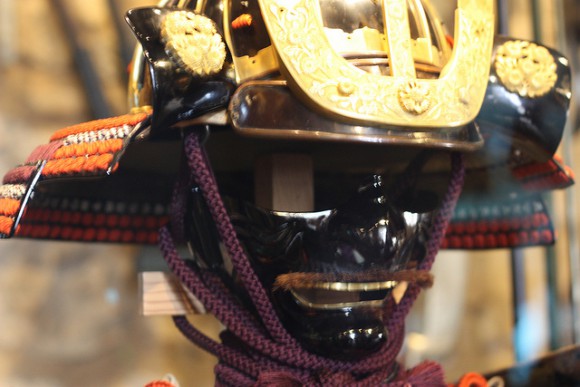
When you start learning another language, like, say, Japanese, it’s common to come across certain words that sound like English words, but aren’t. For example, the Japanese word “hai” which means yes, sounds a lot like the greeting “hi” in English. Another example might be that “ohayou” meaning good morning sounds a lot like the US state of Ohio.
But, naturally, this goes both ways. There are also plenty of examples of Japanese speakers finding “Japanese” meaning in English words that a native English speaker would never think of…
Here’s an example to start us off. The following chalkboard image appeared on Twitter, and seems to have been taken in a classroom. The text on the board reads:
“I noticed something about the word for killing someone. In English, it is “KILL”, but if you add in love (“ai“), you get “IKILL”, which means to live!”
Okay, it’s a little bit confusing for non-Japanese speakers, but let’s break it down. To the writer, the Japanese word for love (“ai“) sounds the same as the English pronoun “I”. So, he or she added an “I” to “kill”. This makes “IKILL” or “I kill”. In Japanese pronunciation, however, this sounds more like “ikiru” which is the Japanese word for “to live”.
Unless you’ve got a pretty good working knowledge of both Japanese and English and how both of them work, it’s hard to imagine how this chalkboard scrawler came upon this incredibly convoluted hypothesis for how adding a little love to your killing negates the killing. But there’s all sorts of examples out there of people finding meaning in one language where it doesn’t exist, simply by viewing it through the filter of their own language.
Here’s another example I can think of – once, one of my Japanese teachers announced to the class that he had noticed a strange parallel between Japanese and English.
“The Japanese and English words for road are exactly the same, but one of them is backwards!” he announced. To him, the Japanese word “dooro” (road) and the Japanese pronunciation of “road” (“roodo“) sounded exactly the same, only with the syllables reversed: ro-do, do-ro. Naturally, all the English speakers in the class simply blinked at him, because this didn’t compute in our brains at all. “Dooro” and “road” don’t sound similar at all, and at any rate, we simply weren’t wired to see “dooro” and “road” in the same way he did.
▼ “Country dooro, take me home” just doesn’t have the same ring to it.
Here’s another one from Japanese to English – the Japanese word for “to think” (“kangaeru“) always makes me think of a kangaroo! (Possibly a very ponderous one.) For another slightly more amusing example, the Japanese word “shite” (pronounced “she-tay”) which means “do” is, on paper, actually quite a naughty word in British English, and is used to describe stuff that really sucks (or, in a more literal sense, poop!).
Sometimes, though, these perceived similarities actually help to facilitate language learning. The Japanese word for “in other words” (“tsumari“) sounds a lot like “summary” in English, and that association provides a kind of mental crutch which helps you to remember the word. The Japanese for “name” is “namae“, which is only one letter off from the English. Only a complete dummy could forget the Japanese word for “name” after hearing it once! Also, to remember the Japanese for “you’re welcome” (“douitashimashite“) just think of the phrase: “don’t touch my moustache”!
▼ This adorable dog with a moustache is your reward for paying attention throughout this wordy article.
In Japan, they rely on these mental crutches, too. Elementary school kids might remember the English phrase “my name is” by thinking of mayonnaise: mayoneezu/maineemuizu. Another common one from back in the day is: “hotta imo ijiru na” which literally means “don’t touch dug-up potatoes” but, to Japanese ears, sounds a lot like “what time is it now?” Another corny example: “ken neru” (dogs sleep) can be used to remember the English word kennel. If you’re a Japanese person riding a bus in an English-speaking country and can’t remember how to ask the driver to stop, just think of “agedofu” (fried tofu) – “I get off”!
All of this glorious wordplay tends to open up before you when you decide to learn a second language, and it certainly makes studying much more interesting. Language really is fascinating, isn’t it?
Source: Twitter @46channel
Main Image: Flickr – Dark Dwarf